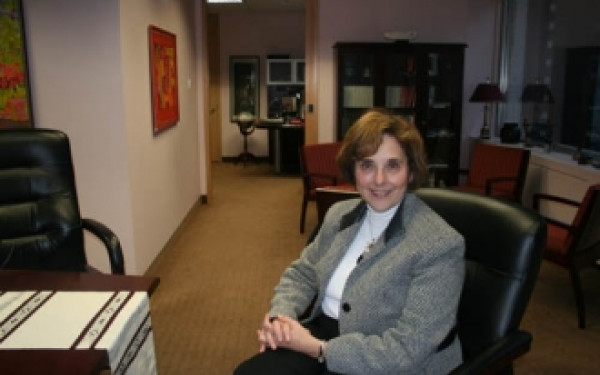Concordia’s Governing Body Seeks Reputation Reform
Board Approves Changes to Admin Salaries, Severance and Evaluation
Concordia is looking to clean up their act when it comes to governance and severance packages.
The Board of Governors approved sweeping policy reforms including how senior administrators are hired, and how much they are paid, at their last meeting of the year on June 7.
“A lot of safeguards have been introduced for good governance,” said Concordia President Alan Shepard in an interview with The Link. Shepard has been working on the policy changes with the Board’s human resources committee since last fall.
The changes were largely due to recommendations made by PricewaterhouseCoopers LLC to separate the university’s governance and management practices after the Shaprio Report outlined a “culture of contempt” surrounding Concordia’s administration.
These recommendations came after a string of questionable settlement packages with senior administrators between 2009 and 2010, that in part resulted in a $2 million dollar fine from the Quebec government last year.
The human resources committee must now establish an administrator’s severance, and must be approved by the Board if it differs from their contract. It’s also now made clear that administrative leave—a period of up to one year when an administrator is paid after leaving their post—cannot overlap with paid teaching work.
In addition, the president now oversees administrators’ search and evaluation committees, which before was directed by the Board. Holding public presentations for senior administrator candidates has also been removed as a university policy.
“A lot of safeguards have been introduced for good governance.”
—Concordia President Alan Shepard
“The interests of the community are already represented by these search committees. They’re not all appointed by the president, there’s a mix of appointments and elections,” said Shepard, who added he believes the way to get the best candidates is to not publish their names for the world to see.
“You get an environment where if you’re a candidate for one of these jobs and you’re not successful, it’s not like they take down the posters on campus and you go on your way. It’s on the Internet for the rest of your career […] You’re trying to attract somebody who’s already successful.”
Changes also include salary adjustments for new hires, which were last updated in 2006. Academic Deans, of which the university librarian is now noted in the policy, now have a salary range of $175,000 – $275,000 which raises the minimum amount by $50,000.
The salary range of vice-presidents was adjusted from $150,000 – $275,000 to $200,000 – $300,000, while the new salary range for Concordia’s president is $300,000 – $400,000, up from $200,000 – $350,000.
This new policy reflects Shepard’s contract, who in his first year earned a $357,000 salary.
While the old policy allowed for Concordia to foot the bill for two club memberships for the president and vice-presidents, now only the president can get one membership paid for. Maximum yearly bonuses have also been scaled back, from 20 per cent of their salary to 10 per cent.
With these changes, Concordia now has a remuneration policy for all employees that aren’t engaged in collective agreements with the university.

_700_966_90.jpg)
_600_832_s.png)

_600_375_90_s_c1.jpg)


